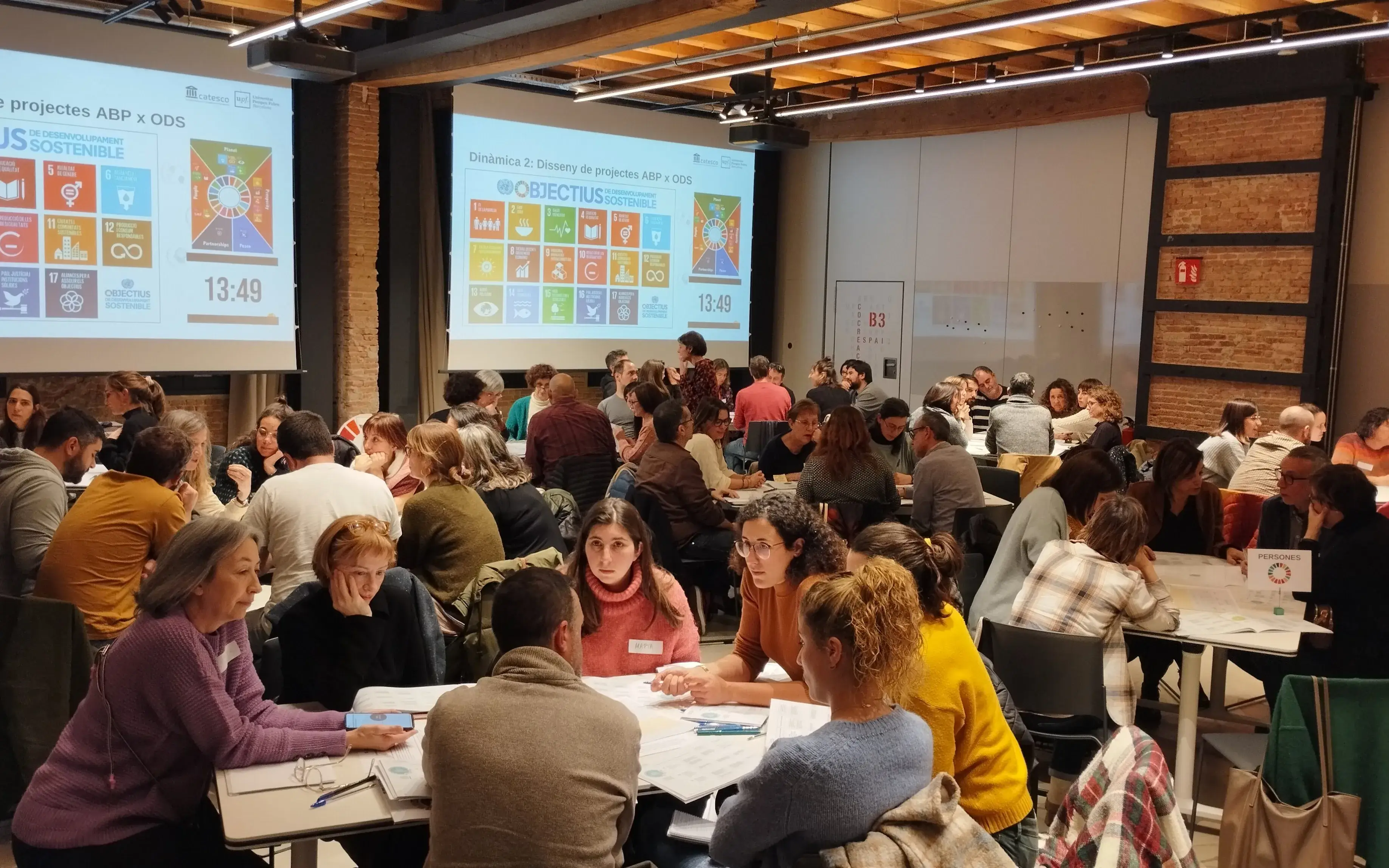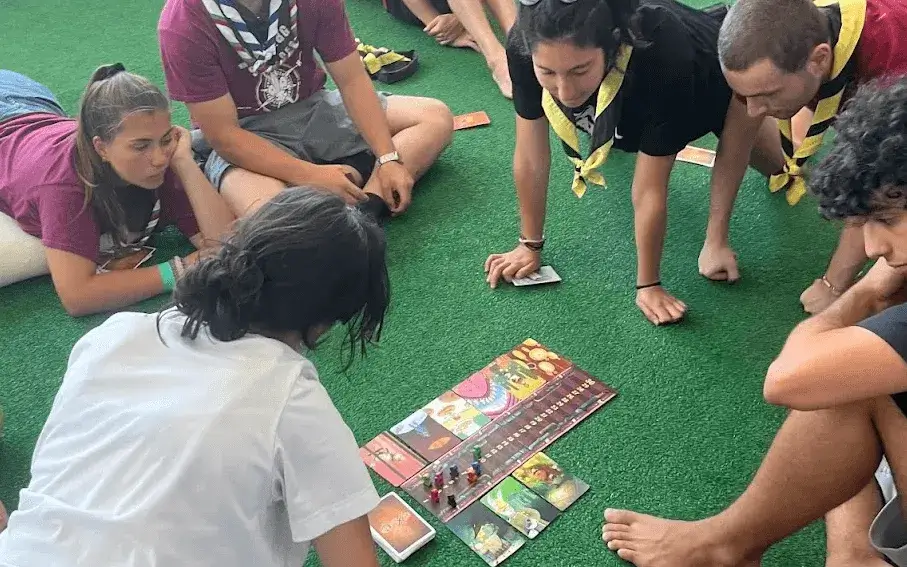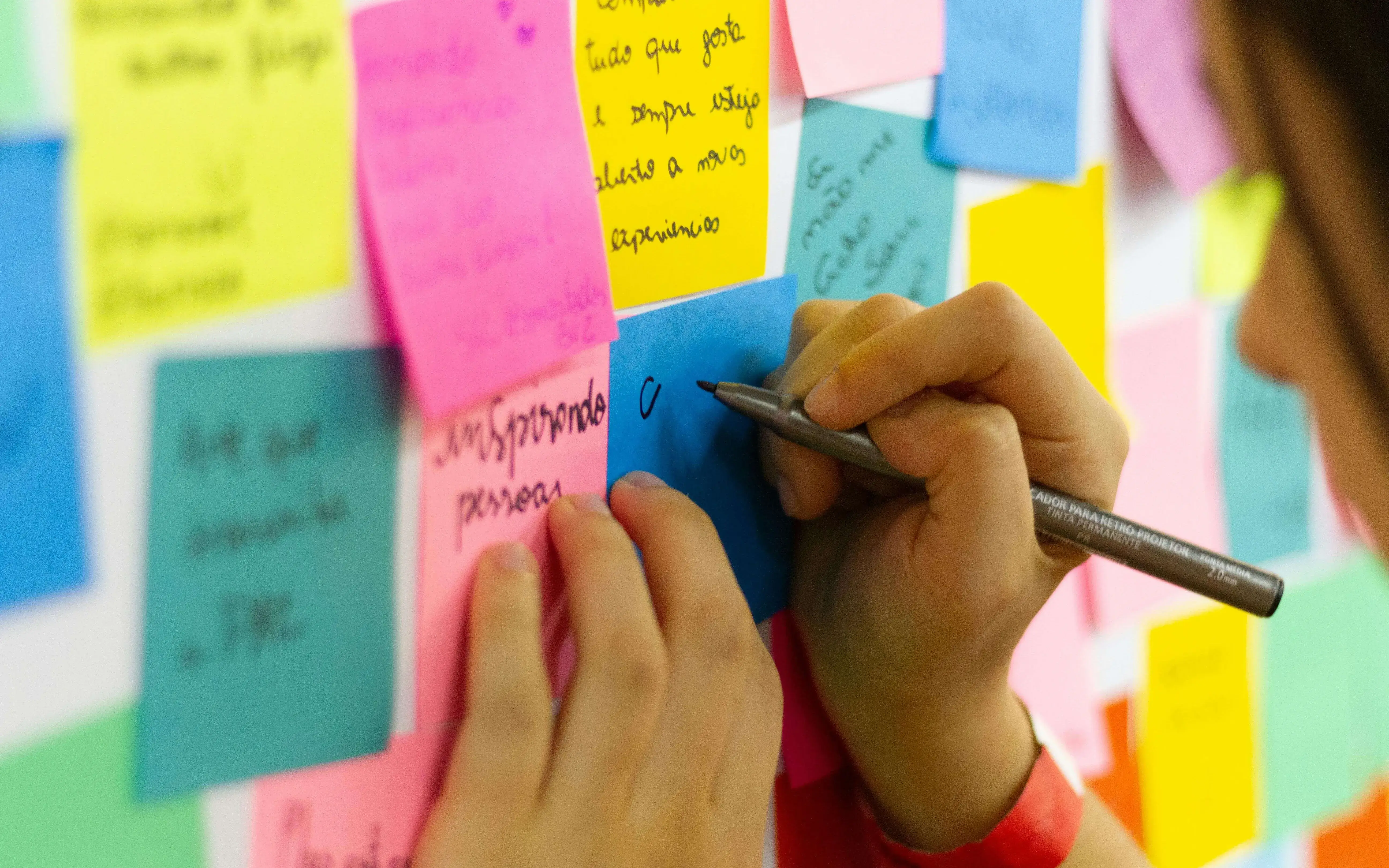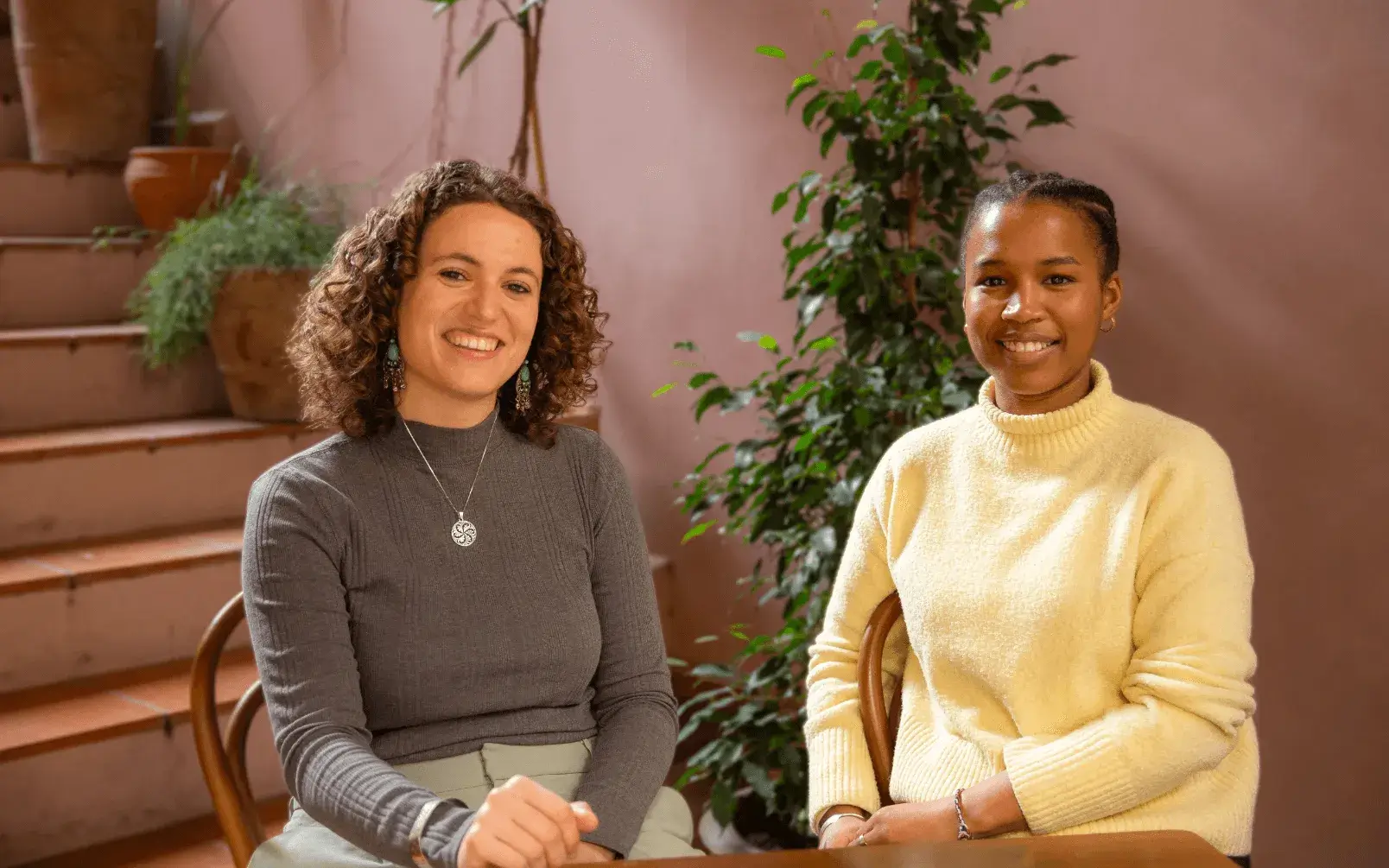Geda Requena: "The presence of the Catalan people and the Catalan language on an international scale contribute to its recognition"
The CATESCO Projects technique explains the main objectives of the organization and highlights the presence of Catalonia in UNESCO to ensure that it is recognized for its expertise while establishing synergies with other territories.
When was Catesco created and for what purpose?
Catesco was born in 1985 with the aim of contributing to promoting the presence of the Catalan language and culture in the area of UNESCO and to spread and promote the values, projects and initiatives of UNESCO in Catalonia in the areas that are relevant to it own, particularly with regard to education, sustainable development and human rights, as means of fostering the conditions for peace.
It should be noted that since the adoption of the 2030 Agenda by the United Nations, Catesco has been particularly focused on the transformation of education as a key means of achieving the Sustainable Development Goals.
How do you promote the values and initiatives of UNESCO in Catalan society?
First, we carry out initiatives to promote educational transformation as a key tool to face the global challenges that surround us. These initiatives, which always seek to form alliances with other entities and have a local-global perspective, are aligned with UNESCO's vision and proposals.
Could you give me an example?
Within the framework of the Catalonia 2030 Alliance, we are promoting a major country dialogue on how to change education to achieve the Sustainable Development Goals based on the approaches of the UNESCO report Reimagining our futures together: a new contract social for education.
Secondly, we also work so that Catalan society has at its disposal materials and proposals from UNESCO that can be relevant and enriching for its actions. Specifically, we focus on education for global citizenship and sustainable development, democratic education and human rights.
And how do you do it?
In this sense, we monitor the organization's publications and events in order to be able to translate and disseminate them. The report Reimagining our futures together: a new social contract for education is an example.
Finally, we are a speaker of local initiatives aligned with UNESCO's vision thanks to our consultative status at the United Nations ECOSOC, which allows us access to the organization's international spaces. For example, at last year's High Level Political Forum we organized a side event together with Pompeu Fabra University and PBLWorks that opened the door to the dissemination of reference projects in the application of project-based learning by ODS of different educational centers in Catalonia.
What areas do you work in and what projects do you have underway?
In conjunction with UNESCO, the main objective of the entity is to promote the transformation of education as a key tool for the achievement of peaceful, just and sustainable futures. In order to reach this goal, we have three main areas of action: the rethinking of how education should be transformed taking into account the needs of today and tomorrow, education for global citizenship and development sustainable and, finally, democratic and human rights education as a key to building a committed global citizenry and an essential element for inclusion, success and educational quality.
What projects are you carrying out to achieve this?
Among our projects we highlight the initiative within the framework of the Catalonia 2030 Alliance, already mentioned, to promote a great conversation at country level on how to change education for the achievement of the 2030 Agenda, the realization of 'a training and support project for educational centers on learning based on projects aimed at achieving the ODS with the UPF and the UPC, and the holding of conferences on democratic education and human rights with the UVic and the UdG , which has just opened a new way of working that we really want to develop.
How does Unesco contribute to the presence of values and the Catalan language?
Catesco enjoys consultative status at the Economic and Social Council (ECOSOC) of the United Nations. This condition, which as we have said, allows us to become a speaker of good Catalan practices to nurture the international debate, it also allows us to promote the participation of Catalan entities in spaces where, otherwise, they would not have access. UNESCO's contribution in relation to Catalonia must be conceived as a process in two directions, which Catesco tries to convey: carrying out projects in Catalonia based on UNESCO's position strengthens the legitimacy of these initiatives at the local level. For example, translating UNESCO reports and reference documents into Catalan and incorporating them into UNESCO's digital library.
And what is the other direction?
Make these projects visible in the physical and digital spaces of UNESCO to contribute to positioning Catalonia not only as a people and for its language, but also as a reference in those subjects in which it is. As is the case with the country's long history of pedagogic renewal and educational transformation or with regard to other UNESCO areas (which Catesco has tackled at other historical moments) such as the promotion of tangible and intangible heritage. The most recent example is the recognition of castles as intangible heritage of humanity in 2010, when Catesco collaborated in the presentation of the candidacy to UNESCO.
Why is this presence and international outlook important to ensure Catalan culture and language?
The presence of the Catalan people and the Catalan language on an international scale contribute to its recognition. An important part of linguistic normalization is played abroad. For example, making Catalan a language that makes sense and must be learned if you live in Catalonia and not something foreign to public use, or in the promotion of the language abroad through internationalization projects or international institutes. It is also a question of the dignity of the language itself and of giving it the recognition it deserves, like any other, and to do so with the added difficulty of not having a state behind it, states being the main actor in international relations , to support it.
Speaking of international relations... this presence must help create synergies.
At a multilateral level, the international presence is an opportunity to network with other territories and their entities that are in a situation similar to that of Catalonia and the Catalan language. Therefore, a possibility of mutual learning and unity from which everyone comes out stronger. For example, as is the case of the European Language Equality Network, a platform in defense of Europe's regional and minority languages that enjoys great presence and legitimacy in front of European institutions and with which Catesco, and other Catalan organizations , we work.







Add new comment